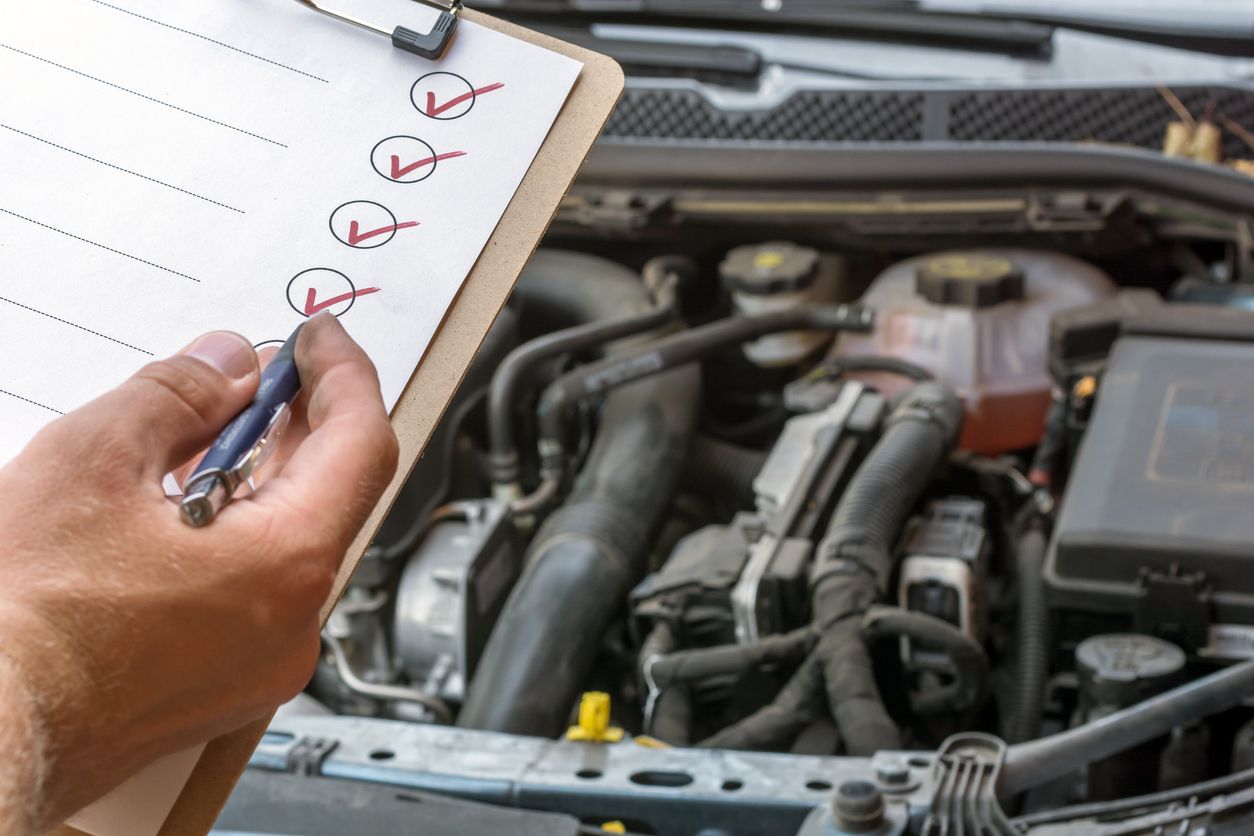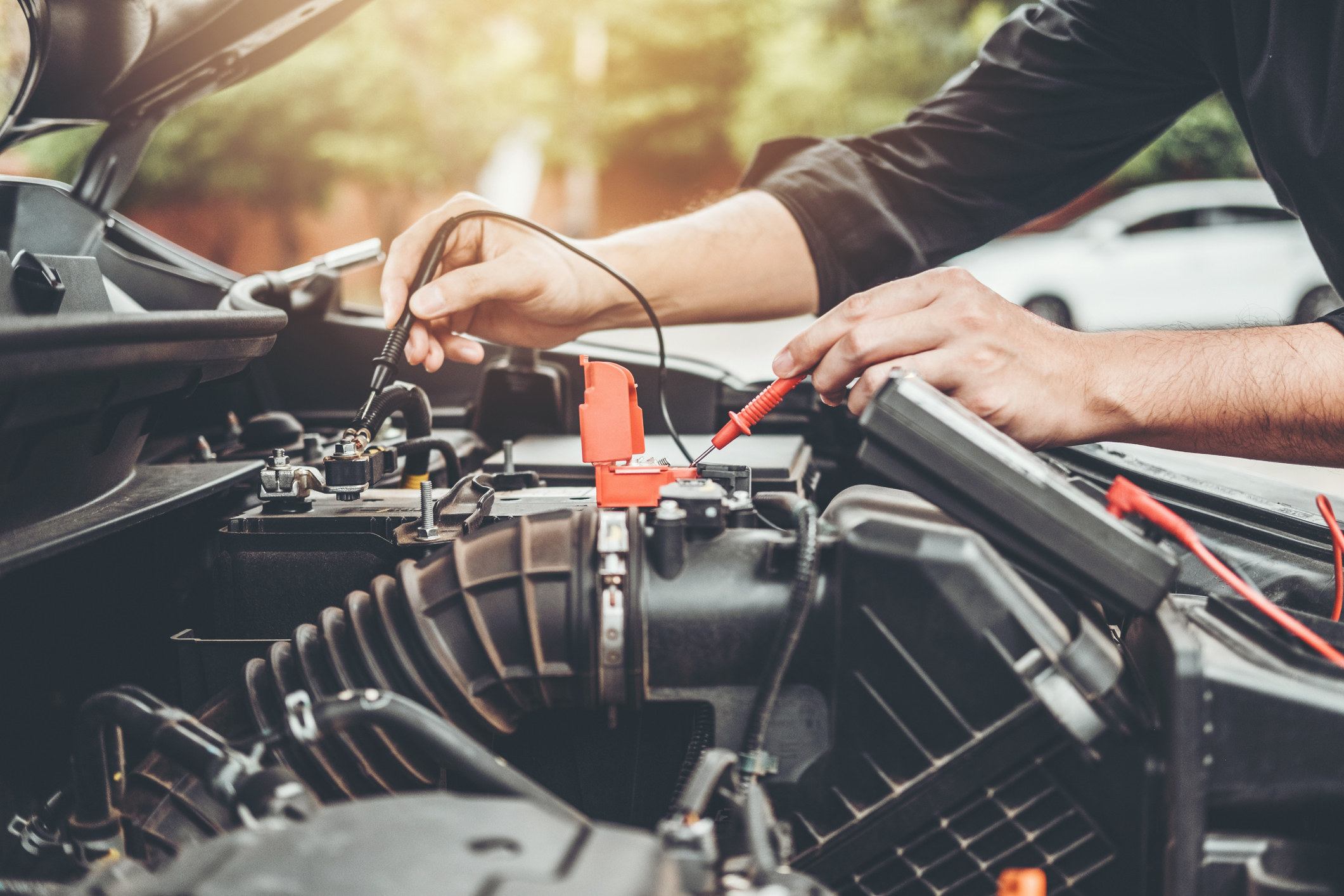All Categories
Featured
Your car's engine is among the most complex systems in your vehicle, and every component plays a crucial function in ensuring it runs smoothly. Amongst these, the timing belt is among one of the most essential however commonly forgot components of your engine. Responsible for integrating the rotation of the crankshaft and camshaft, the timing belt ensures the engine's shutoffs open and close at the right times throughout the burning procedure. It can result in extreme engine damages if the timing belt falls short. Right here's why timing belt substitute is important for your vehicle's efficiency and durability.
What Is a Timing Belt? The timing belt is a long, toothed rubber or composite belt that attaches the crankshaft to the camshaft(s) in an internal combustion engine. Its task is to maintain the engine's shutoffs and pistons in sync, guaranteeing the engine runs efficiently. The timing belt additionally manages other crucial engine features like the water pump and the power steering pump, depending on the lorry.
![]()
Without the correct timing, the engine's pistons and shutoffs can collide, leading to extensive and costly damage. As a result, changing the timing belt on schedule is one of the very best ways to ensure your engine operates at its ideal and prevent expensive repairs.
Why Timing Belt Replacement Issues. Avoiding Catastrophic Engine Damages: One of the most considerable danger of not replacing a worn timing belt is engine failing. If the timing belt breaks while the engine is running, the camshaft and crankshaft can become misaligned, causing the valves and pistons to collide. This can lead to curved shutoffs, damaged pistons, or even a ruined engine. Changing the timing belt at the suggested periods is the best way to avoid such catastrophic damages, conserving you from the stress and high price of engine repair work or substitute.
![]()
Maintaining Engine Performance: A timing belt that remains in excellent problem guarantees that all engine parts operate in excellent harmony. If the timing belt is worn or extended, it can create the engine to lose power, experience harsh idling, or battle to begin. By changing the timing belt on a regular basis, you can keep your engine performing at peak performance, which assists preserve optimum fuel economic climate and performance.
Staying Clear Of Unforeseen Malfunctions: A damaged timing belt can create your engine to stop abruptly, possibly leaving you stranded in the middle of a journey. By replacing your timing belt in a timely manner, you decrease the risk of unexpected malfunctions that might leave you in a risky or troublesome circumstance. Normal upkeep minimizes the chances of experiencing these sort of interruptions, helping you stay on the road much longer without stressing over your engine falling short.
Cost-efficient Upkeep: Timing belt replacement is much less expensive than fixing or replacing an engine that's been damaged because of a timing belt failing. While the expense of replacing the timing belt may differ relying on your automobile and its location, it is far a lot more budget-friendly than the expenses related to significant engine fixings or replacements. Replacing your timing belt at the advised periods can save you a substantial quantity of money over the future by avoiding damages to your engine.
When Should You Replace Your Timing Belt? The timing belt does not last forever, and a lot of makers suggest replacing it in between 60,000 and 100,000 miles. Nevertheless, the precise timing depends upon your automobile's make, model, and driving problems, so it's essential to examine your owner's guidebook for certain advice.
Indications that your timing belt might need interest include unusual engine sounds (such as a shrill whining or ticking noise), difficulty starting the engine, or a reduction in engine performance. It's crucial to have the timing belt inspected by an expert mechanic. if you notice any of these indicators.
![]()
Conclusion. The timing belt is a small yet essential element of your engine, and regular substitute is vital to maintaining your vehicle's performance and stopping costly damage. By remaining on top of timing belt maintenance, you'll ensure your engine runs successfully, avoid unexpected malfunctions, and safeguard your vehicle from significant repair work. Maintain an eye on your lorry's recommended timing belt substitute routine, and always talk to a trusted mechanic to maintain your engine running smoothly for several years ahead.
What Is a Timing Belt? The timing belt is a long, toothed rubber or composite belt that attaches the crankshaft to the camshaft(s) in an internal combustion engine. Its task is to maintain the engine's shutoffs and pistons in sync, guaranteeing the engine runs efficiently. The timing belt additionally manages other crucial engine features like the water pump and the power steering pump, depending on the lorry.

Without the correct timing, the engine's pistons and shutoffs can collide, leading to extensive and costly damage. As a result, changing the timing belt on schedule is one of the very best ways to ensure your engine operates at its ideal and prevent expensive repairs.
Why Timing Belt Replacement Issues. Avoiding Catastrophic Engine Damages: One of the most considerable danger of not replacing a worn timing belt is engine failing. If the timing belt breaks while the engine is running, the camshaft and crankshaft can become misaligned, causing the valves and pistons to collide. This can lead to curved shutoffs, damaged pistons, or even a ruined engine. Changing the timing belt at the suggested periods is the best way to avoid such catastrophic damages, conserving you from the stress and high price of engine repair work or substitute.

Maintaining Engine Performance: A timing belt that remains in excellent problem guarantees that all engine parts operate in excellent harmony. If the timing belt is worn or extended, it can create the engine to lose power, experience harsh idling, or battle to begin. By changing the timing belt on a regular basis, you can keep your engine performing at peak performance, which assists preserve optimum fuel economic climate and performance.
Staying Clear Of Unforeseen Malfunctions: A damaged timing belt can create your engine to stop abruptly, possibly leaving you stranded in the middle of a journey. By replacing your timing belt in a timely manner, you decrease the risk of unexpected malfunctions that might leave you in a risky or troublesome circumstance. Normal upkeep minimizes the chances of experiencing these sort of interruptions, helping you stay on the road much longer without stressing over your engine falling short.
Cost-efficient Upkeep: Timing belt replacement is much less expensive than fixing or replacing an engine that's been damaged because of a timing belt failing. While the expense of replacing the timing belt may differ relying on your automobile and its location, it is far a lot more budget-friendly than the expenses related to significant engine fixings or replacements. Replacing your timing belt at the advised periods can save you a substantial quantity of money over the future by avoiding damages to your engine.
When Should You Replace Your Timing Belt? The timing belt does not last forever, and a lot of makers suggest replacing it in between 60,000 and 100,000 miles. Nevertheless, the precise timing depends upon your automobile's make, model, and driving problems, so it's essential to examine your owner's guidebook for certain advice.
Indications that your timing belt might need interest include unusual engine sounds (such as a shrill whining or ticking noise), difficulty starting the engine, or a reduction in engine performance. It's crucial to have the timing belt inspected by an expert mechanic. if you notice any of these indicators.

Conclusion. The timing belt is a small yet essential element of your engine, and regular substitute is vital to maintaining your vehicle's performance and stopping costly damage. By remaining on top of timing belt maintenance, you'll ensure your engine runs successfully, avoid unexpected malfunctions, and safeguard your vehicle from significant repair work. Maintain an eye on your lorry's recommended timing belt substitute routine, and always talk to a trusted mechanic to maintain your engine running smoothly for several years ahead.
Latest Posts
Find Brake Repair & More: Full Services Guide from Montclare Auto Repair
Published en
1 min read
Reasons Regular Car Maintenance at Montclare Auto Repair Reduces Costs
Published en
1 min read
Learn About Outstanding Car Repair Services offered by Montclare Auto Repair – Drive with Confidence
Published en
1 min read
More
Latest Posts
Find Brake Repair & More: Full Services Guide from Montclare Auto Repair
Published May 27, 25
1 min read
Reasons Regular Car Maintenance at Montclare Auto Repair Reduces Costs
Published May 26, 25
1 min read
Learn About Outstanding Car Repair Services offered by Montclare Auto Repair – Drive with Confidence
Published May 26, 25
1 min read